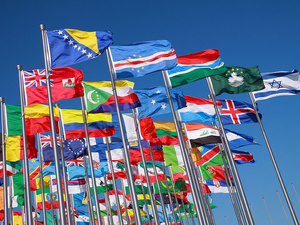Serbia occupies 69th place on the Forbes’ Best Countries for Business List out of 139 countries. The research was conducted based on 11 criteria including the right to own assets, innovation, taxes, technology, corruption, freedoms (including personal, financial, and market), and protection and safety of investors.
Forbes cites Serbia’s „strategic location, a relatively inexpensive and skilled labor force, and free trade agreements with the EU, Russia, Turkey, and countries that are members of the Central European Free Trade Agreement” as the country’s advantages for doing business.
In terms of challenges, the magazine cites Serbia’s “high unemployment rates and the need for job creation; high government expenditures for salaries, pensions, healthcare, and unemployment benefits; a growing need for new government borrowing; rising public and private foreign debt; attracting new foreign direct investment; getting the IMF program back on track; an inefficient judicial system, high levels of corruption, and an aging population”.
In terms of regional countries, Slovenia, Macedonia and Croatia are far ahead of Serbia. Slovenia occupies 20th place, Macedonia 35th and Croatia 46th, while Montenegro is 50th and Albania 61st.
Bosnia and Herzegovina ranks the worst out of all regional countries – in 82nd place.
According to Forbes, the best country for doing business is Sweden, followed by New Zealand, Hong Kong, Ireland, and Great Britain.
Interestingly, the US occupies only 23rd place, and Russia 79th. Out of the 25 top ranked countries, 18 are European.
